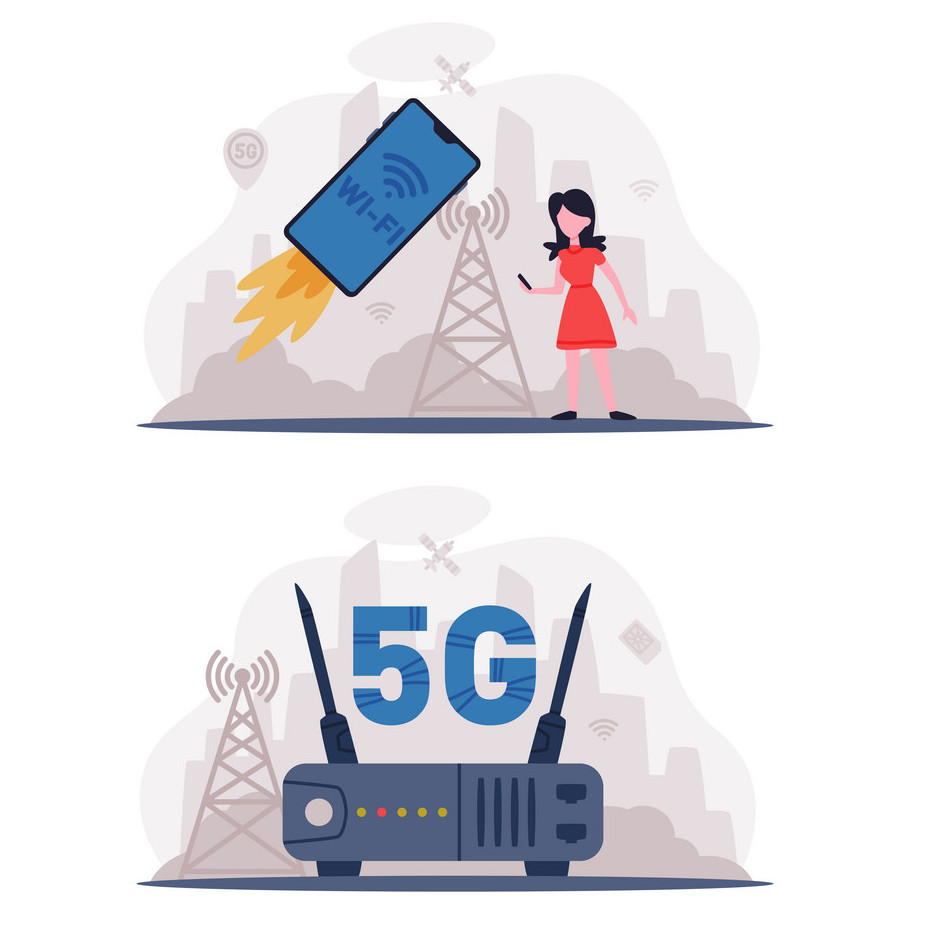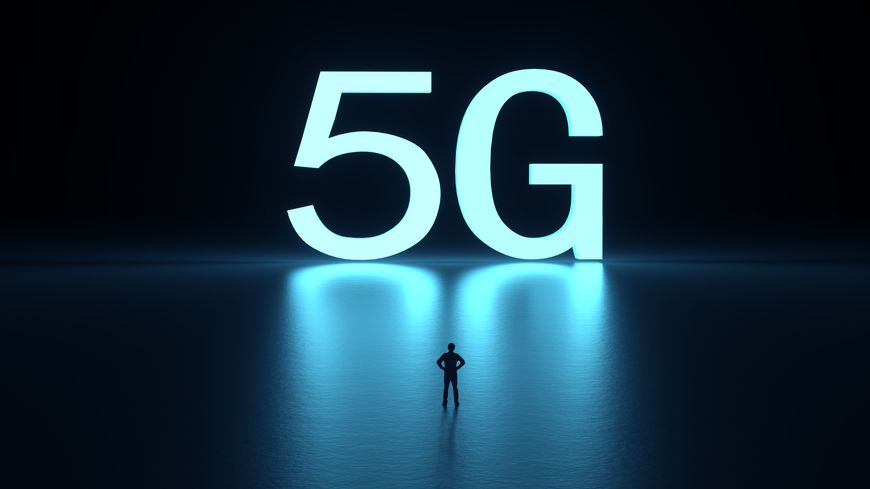
Answer: Yes, switch to 5G for home internet is a worthwhile decision. 5G technology offers superior benefits like faster speeds, reduced latency, and increased capacity compared to WiFi. With its convenient and reliable wireless connection, the need for extensive wiring is eliminated. However, it is crucial to assess local coverage and costs, as availability and pricing may vary.
Introduction:
In today’s interconnected world, having reliable and affordable internet access at home is essential. With the advent of 5G technology, there is a growing debate about whether it’s worth switching from traditional WiFi to 5G for home internet. In this blog, we will compare 5G and WiFi in terms of cost, reliability, and their suitability for different scenarios, such as remote work and children’s usage.
Cost Comparison:
Let’s start by comparing the cost of 5G and WiFi. Traditionally, WiFi has been the more affordable option for home internet. To set up WiFi, you need to purchase a router and pay a monthly subscription fee to an internet service provider (ISP). On the other hand, 5G operates on cellular networks, and the cost is typically associated with a mobile data plan. However, the price of 5G may vary depending on your service provider and the data package you choose.

Reliability:
When it comes to reliability, WiFi has been the preferred choice for home internet due to its consistent connection. A well-configured WiFi network can provide stable and fast internet access for multiple devices simultaneously. On the other hand, 5G offers the advantage of mobility and flexibility. With 5G, you can access the internet on the go, without being restricted to a specific location. However, the reliability of 5G can be affected by factors such as signal strength, network congestion, and your distance from the nearest cell tower.

Scenarios and Examples:
1. Remote Work: For remote workers who heavily rely on video conferencing and data-intensive tasks, a stable and high-speed internet connection is crucial. WiFi, with its stable connection and consistent bandwidth, is generally a reliable choice for uninterrupted work. However, in areas with limited or unreliable WiFi coverage, 5G can be a viable alternative. Remote workers can rely on their 5G-enabled devices to stay connected and productive, even while on the move.
2. Children’s Usage: With the increasing use of online education and entertainment for children, having a reliable internet connection is vital. WiFi, with its wider coverage, is suitable for households with multiple devices. It ensures seamless connectivity for children participating in virtual classrooms or streaming media content. However, in scenarios where children frequently travel or engage in outdoor activities, 5G provides a reliable and flexible option for internet access on smartphones or tablets.
Is it Worth Switching to 5G for Home Internet?
Deciding whether to switch to 5G for home internet depends on various factors, including coverage, budget, and individual needs. While 5G offers the advantage of mobility and potentially faster speeds, its coverage may still be limited, especially in rural or remote areas. Additionally, the cost of a 5G data plan can be higher than traditional WiFi subscriptions.

Conclusion:
In the comparison between 5G and WiFi for home internet, both options have their advantages and disadvantages. WiFi is generally more affordable and reliable for stable connectivity within a fixed location. On the other hand, 5G provides the flexibility of mobility and can be a suitable alternative in areas with limited WiFi coverage. The decision to switch to 5G should be based on factors such as coverage availability, budget, and individual needs. It’s important to evaluate the service quality and coverage of 5G in your area before making a decision that aligns with your specific requirements.

FREQUENTLY ASKED QUESTIONS (FAQ):
How does the speed of 5G compare to WiFi for home internet usage?
The speed of 5G can be significantly faster than WiFi, offering blazing-fast download and upload speeds. This means you can enjoy smoother streaming, quicker file transfers, and reduced latency for online gaming or video conferencing.
Can I use both 5G and WiFi simultaneously for my home internet connection?
Yes, you can use both 5G and WiFi simultaneously for your home internet connection. Many devices allow you to switch seamlessly between the two, depending on their availability and your preferences.
Are there any potential health concerns associated with prolonged exposure to 5G radiation?
Current scientific evidence suggests that 5G radiation is within safe limits and does not pose significant health risks. Regulatory bodies set stringent standards to ensure the safety of wireless technologies, including 5G.
What are the anticipated benefits of 5G for home internet in the future?
In the future, 5G is expected to revolutionize various aspects of home internet, such as smart home automation, augmented and virtual reality experiences, and the Internet of Things (IoT). It will enable faster data transfer, enhance connectivity, and unlock new possibilities for innovation.
How can I check the availability of 5G coverage in my area before considering a switch from WiFi?
To check the availability of 5G coverage in your area, you can visit the websites of mobile network operators or use their coverage maps. These tools provide information on the areas where 5G networks are deployed or planned, helping you determine if switching from WiFi to 5G is a viable option for your location.
THANK YOU !
Hi, unfortunately, I faced challenges with the slow loading speed of your website, leading to frustration. I recommend a service, linked below, that I’ve used personally to significantly improve my website speed. I really love your website…Optimize now